1. Black Cowboys Were a Rare Breed
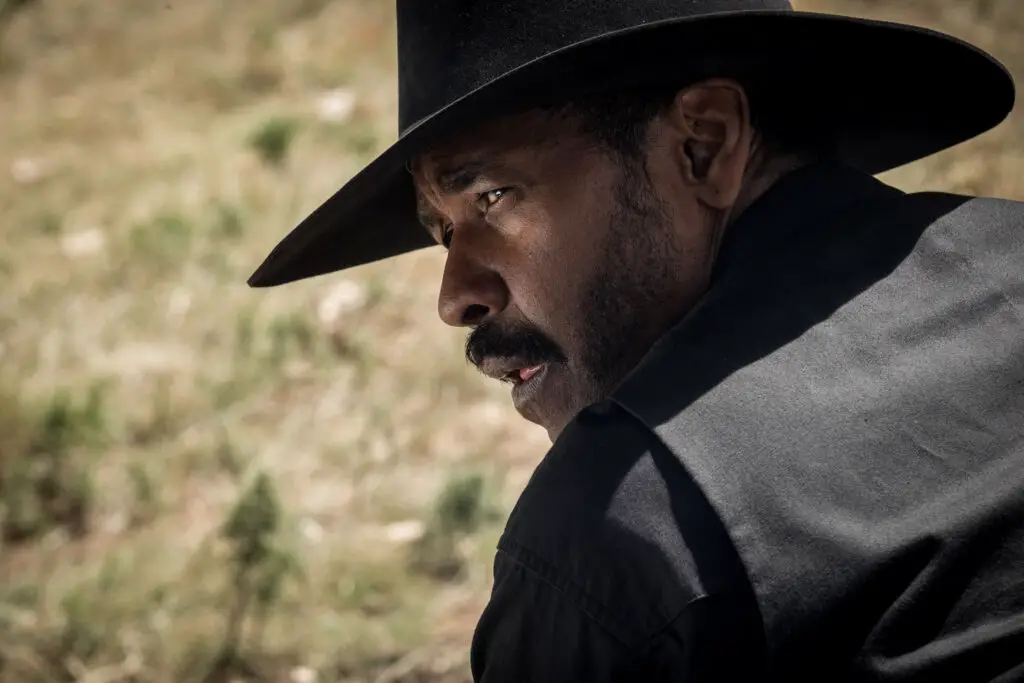
It’s often believed that Black cowboys were few and far between, but that’s far from the truth. In fact, during the 19th century, Black men made up about 25% of the cowboy population. Many of them had been slaves who found their freedom and became ranch hands, wranglers, or even trail bosses on cattle drives. Their skills with horses, cattle, and the land were highly sought after in the rugged Western frontier says Smithsonian Magazine.
Black cowboys were a vital part of the expansion into the West, yet their contributions have often been overlooked in mainstream Western films and literature. While it’s true that their stories were not always told, they were integral to the fabric of the cowboy way of life. The myth of the rare Black cowboy only perpetuates the erasure of their role in American history. Their presence was not just significant; it was essential to the success of many cattle ranches and western settlements adds Wikipedia.
2. Black Cowboys Were Mostly Outlaws
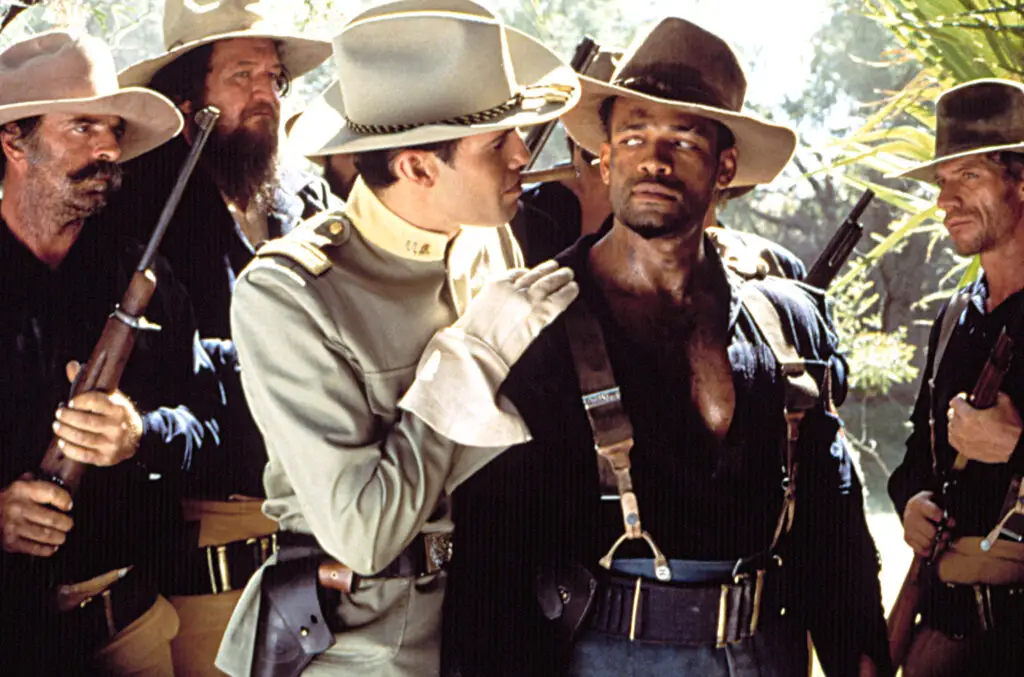
There’s a common misconception that Black cowboys were mostly outlaws or criminals, like the notorious Black Bart or other figures of that era. While there were indeed some Black men who found themselves on the wrong side of the law, the vast majority of Black cowboys were hardworking ranchers, skilled horsemen, and cattle handlers. They worked alongside white cowboys on the open range and in cattle towns, performing jobs that required real skill and discipline shares the Witte Museum.
The cowboy life, regardless of race, was tough and demanding. Many Black cowboys, such as Nat Love, worked hard to establish themselves as respected individuals in their communities. The stereotype of the outlaw plays into a narrow view of history, overshadowing the hardworking lives of countless Black cowboys who weren’t chasing wanted posters—they were chasing cattle across vast, open lands.
3. All Black Cowboys Came from Slavery
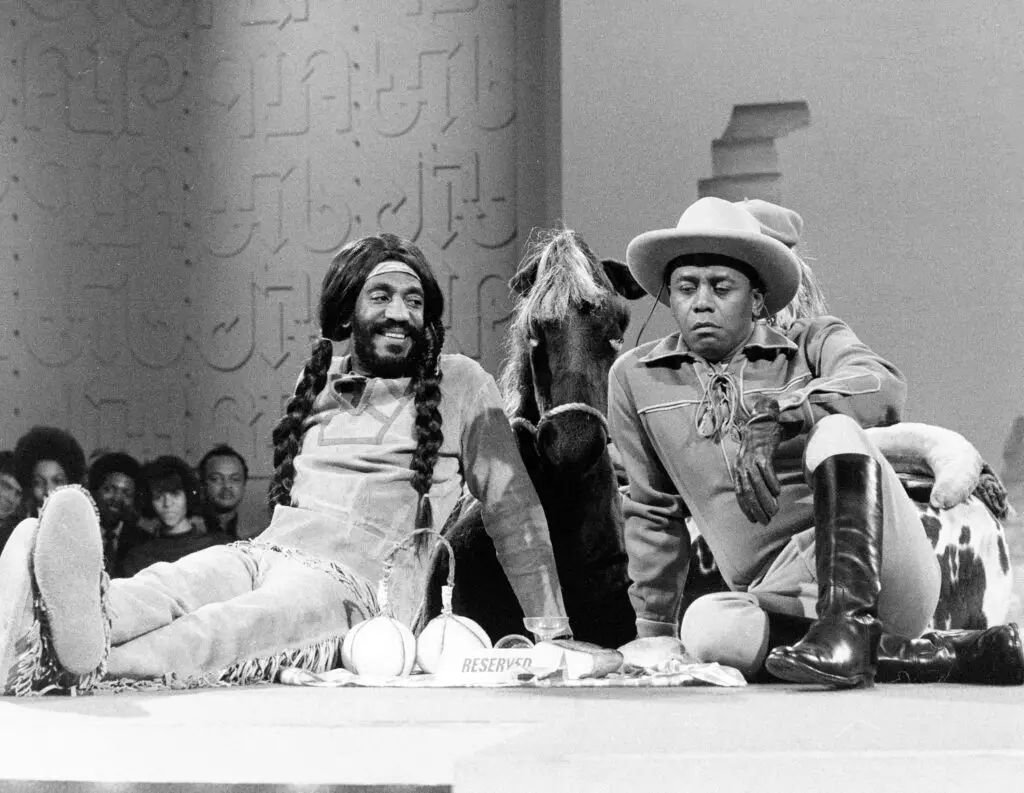
While it’s true that many Black cowboys were formerly enslaved, it’s important to recognize that not all of them had been slaves. Some were free men who joined the cattle industry for the same reasons as their white counterparts—seeking adventure, employment, or opportunity. These free Black men were able to carve out a space for themselves in the cowboy world and build livelihoods in a society that often relegated them to the margins continues the Library of Congress.
The experience of free Black men on the frontier was different from that of former slaves, but both groups played an important role in the expansion of the American West. Many free Black cowboys owned property, started businesses, and even raised families on ranches of their own. So, while slavery undeniably shaped the experiences of many, it wasn’t the defining factor for every Black cowboy.
4. The Wild West Was an All-White Place
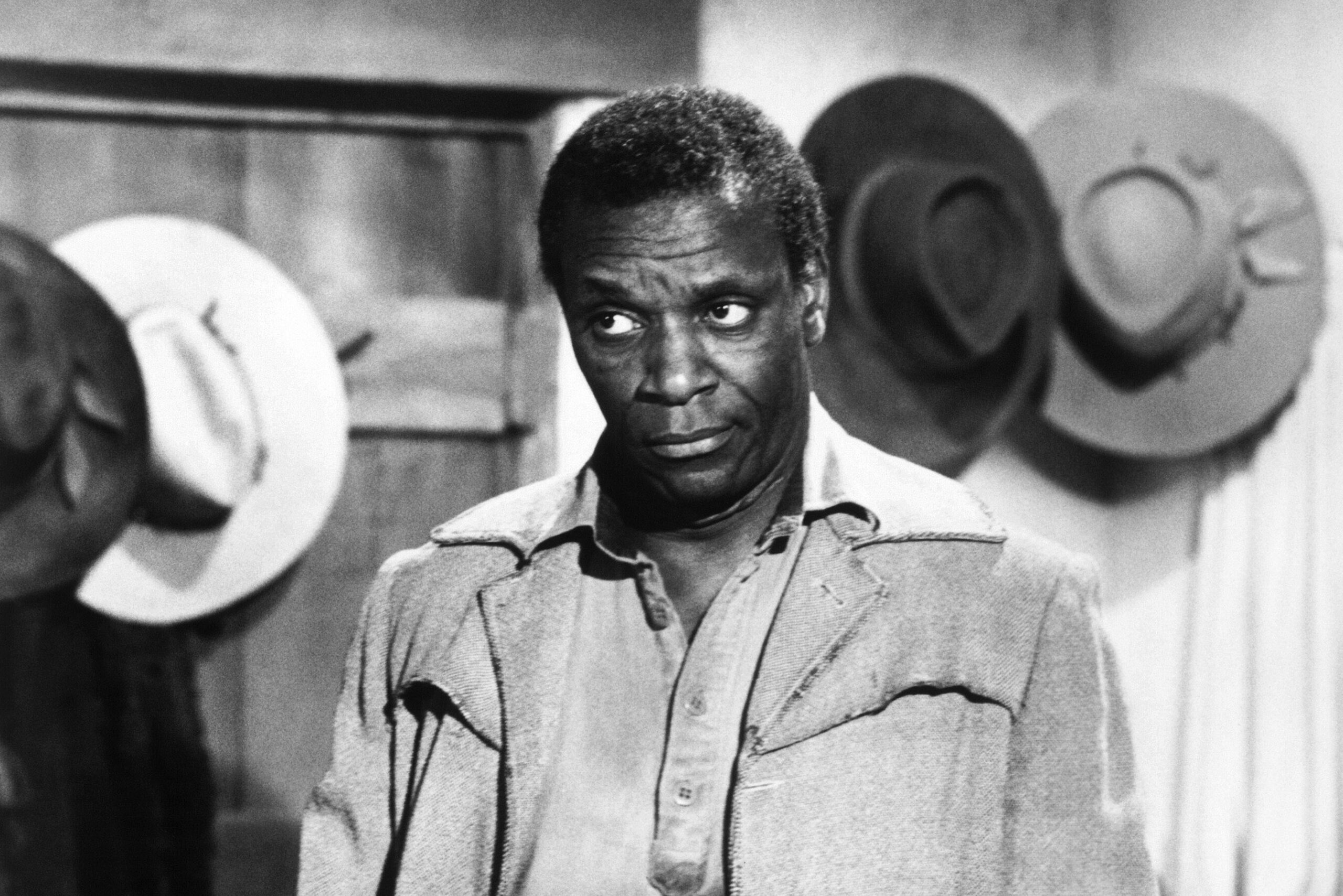
The notion of the Wild West as a predominantly white domain is another misconception that overlooks the contributions of Black cowboys and other marginalized groups. Besides Black cowboys, Native Americans, Mexican Americans, and Chinese laborers were all active participants in the development of the West. Towns, ranches, and cattle drives were diverse places where people of different races worked together.
Black communities in the West, such as those in Oklahoma and Texas, flourished despite the challenges of racism and discrimination. These communities were critical to the economic growth of the region and were often vital to local economies. The image of the Wild West as an all-white world doesn’t account for the multicultural reality of the time, which was essential in shaping the region’s development.
5. Black Cowboys Didn’t Have Their Own Heroes
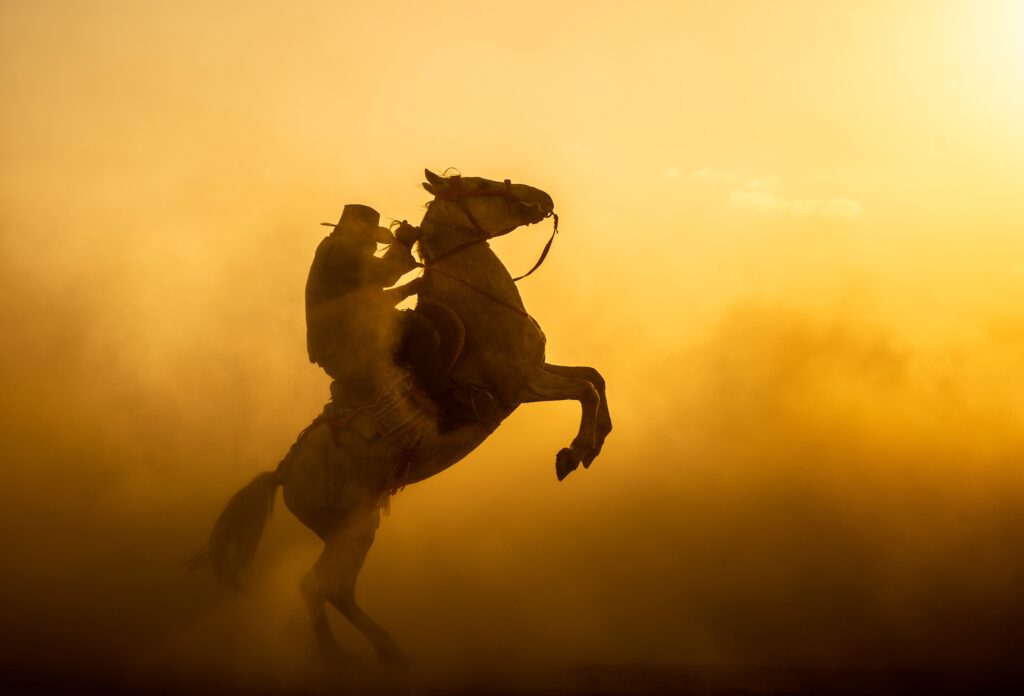
Another myth is that Black cowboys were without heroes or legends of their own. In reality, there were many notable Black cowboys who became legends in their own right. Figures like Bass Reeves, one of the first Black U.S. Marshals, and Bill Pickett, a famous rodeo star, were true trailblazers. Their skills, bravery, and contributions to Western history have only recently begun to receive the recognition they deserve.
These men didn’t just exist in the shadows of the Wild West—they were the heroes of their own stories. Their adventures, whether as lawmen, performers, or ranchers, have inspired books, films, and documentaries. Despite being largely left out of the mainstream narrative for years, their legacies are now being celebrated and remembered in a new light.
6. Black Cowboys Lived in Isolation
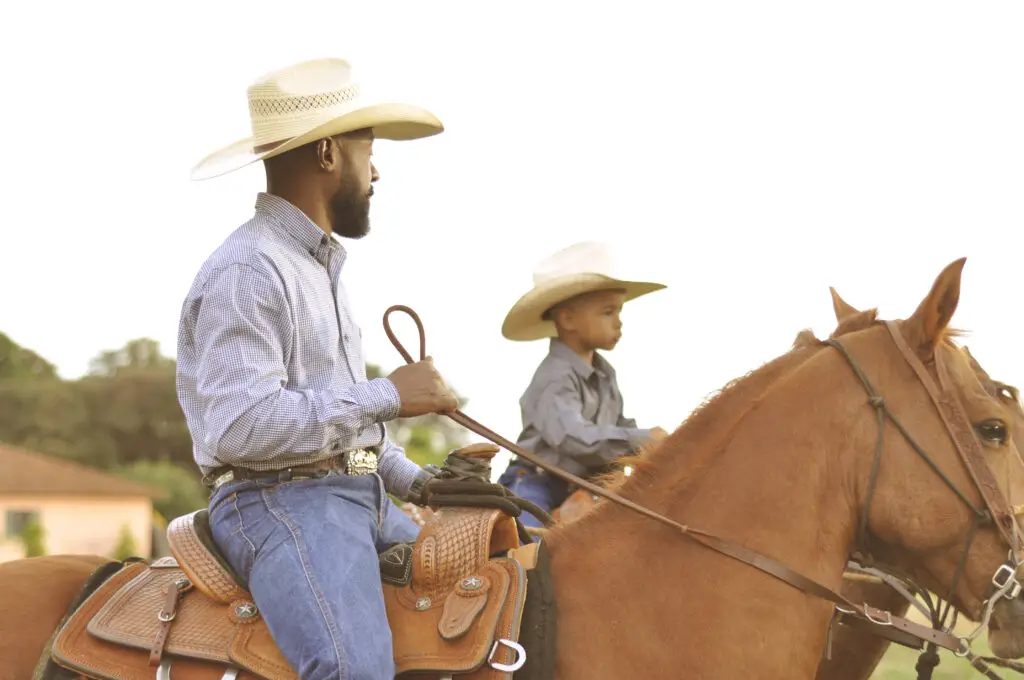
Many assume that Black cowboys lived in isolated, segregated environments, away from white cowboys and settlers. While segregation was a reality in many aspects of life, the cowboy world was one where skills mattered more than race. Black cowboys worked alongside white cowboys on cattle drives, ranches, and farms. They were often treated with a certain respect due to their abilities with livestock, horses, and the land.
In fact, Black cowboys and white cowboys often formed close working relationships. On cattle drives, there wasn’t much room for discrimination when it came to surviving the harsh conditions of the trail. Despite the broader racial tensions of the time, the rugged nature of cowboy work helped bridge racial divides on the frontier.
7. Black Cowboys Weren’t Involved in Rodeo

A popular myth is that Black cowboys had no part in rodeo history, but in truth, Black cowboys have always been an integral part of rodeo culture. Many Black men were involved in the early days of rodeo, participating in events like bull riding, steer wrestling, and bronc riding. Bill Pickett, one of the most famous rodeo stars, invented bulldogging—a rodeo event that still exists today.
Rodeo wasn’t just a pastime for many Black cowboys; it was a profession. In fact, Black cowboys were so skilled that they often became stars in rodeo arenas, showcasing their talents across the country. Despite facing significant racism in the rodeo world, Black cowboys pushed through, proving that their talents were undeniable.
8. All Black Cowboys Were Southern
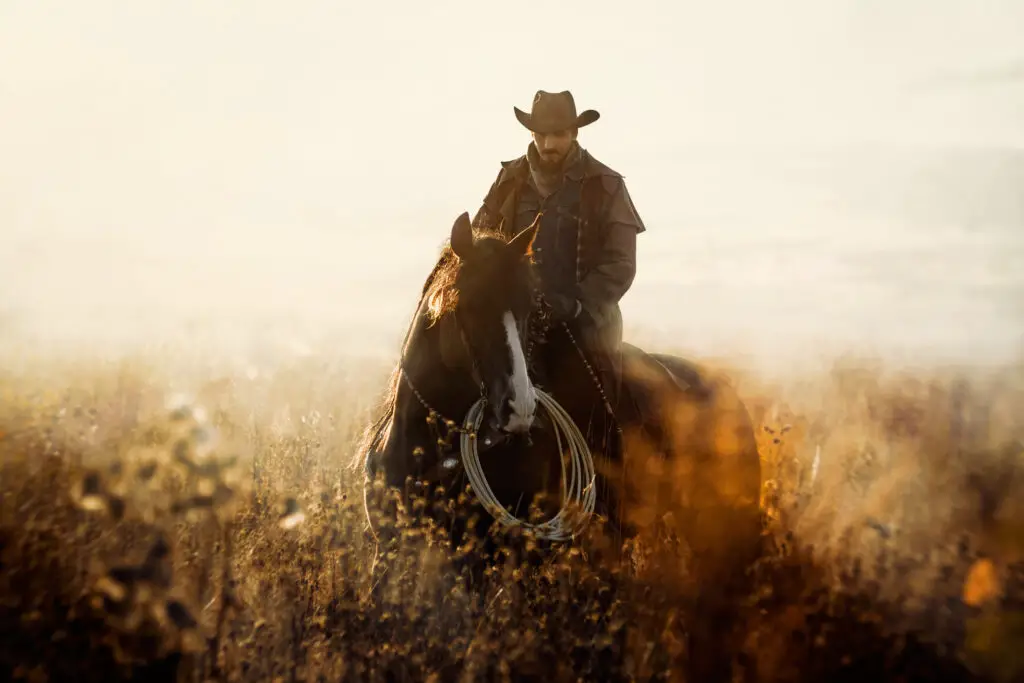
While many Black cowboys hailed from the Southern United States, the reality is that Black cowboys came from all over the country. Some grew up in the North or Midwest, where they developed a deep connection to cattle ranching and the cowboy lifestyle. These cowboys often traveled West to seek work on cattle drives or ranches, helping to shape the broader cowboy culture that spread across the continent.
The idea that Black cowboys were exclusively from the South oversimplifies the diversity of their origins. Just like their white counterparts, Black cowboys were motivated by a variety of reasons, from seeking better opportunities to a love for the cowboy life itself. Their geographical diversity also meant that their influence was felt throughout the West, from Texas to Montana.
9. Black Cowboys Only Worked for White Ranchers
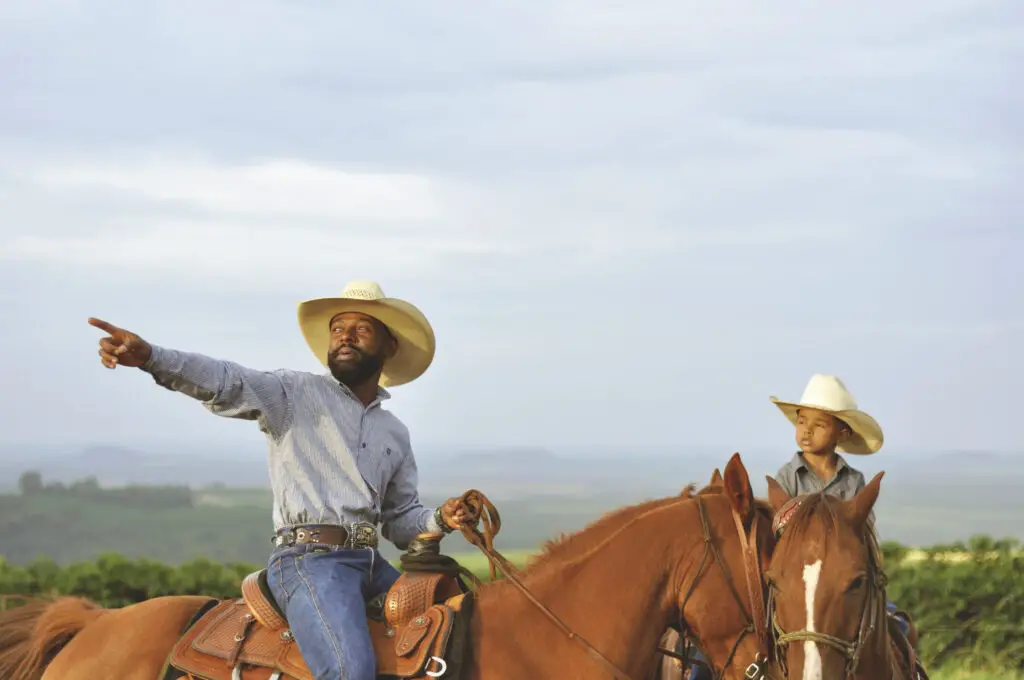
Many people believe Black cowboys only worked for white ranchers, but this isn’t entirely accurate. While it’s true that Black cowboys often worked on ranches owned by white settlers, there were also Black ranchers and landowners who employed Black and white cowboys alike. Some Black cowboys even went on to become successful ranch owners themselves, establishing their own businesses and communities.
For example, the famous Black cowboy, Boley, Oklahoma, was a town founded by African American settlers, many of whom were cowboys. These towns provided a space where Black cowboys could thrive and build legacies of their own. The idea that Black cowboys were exclusively employees rather than employers fails to recognize the entrepreneurial spirit that many of them possessed.
10. Black Cowboys Were Always Faced with Extreme Racism
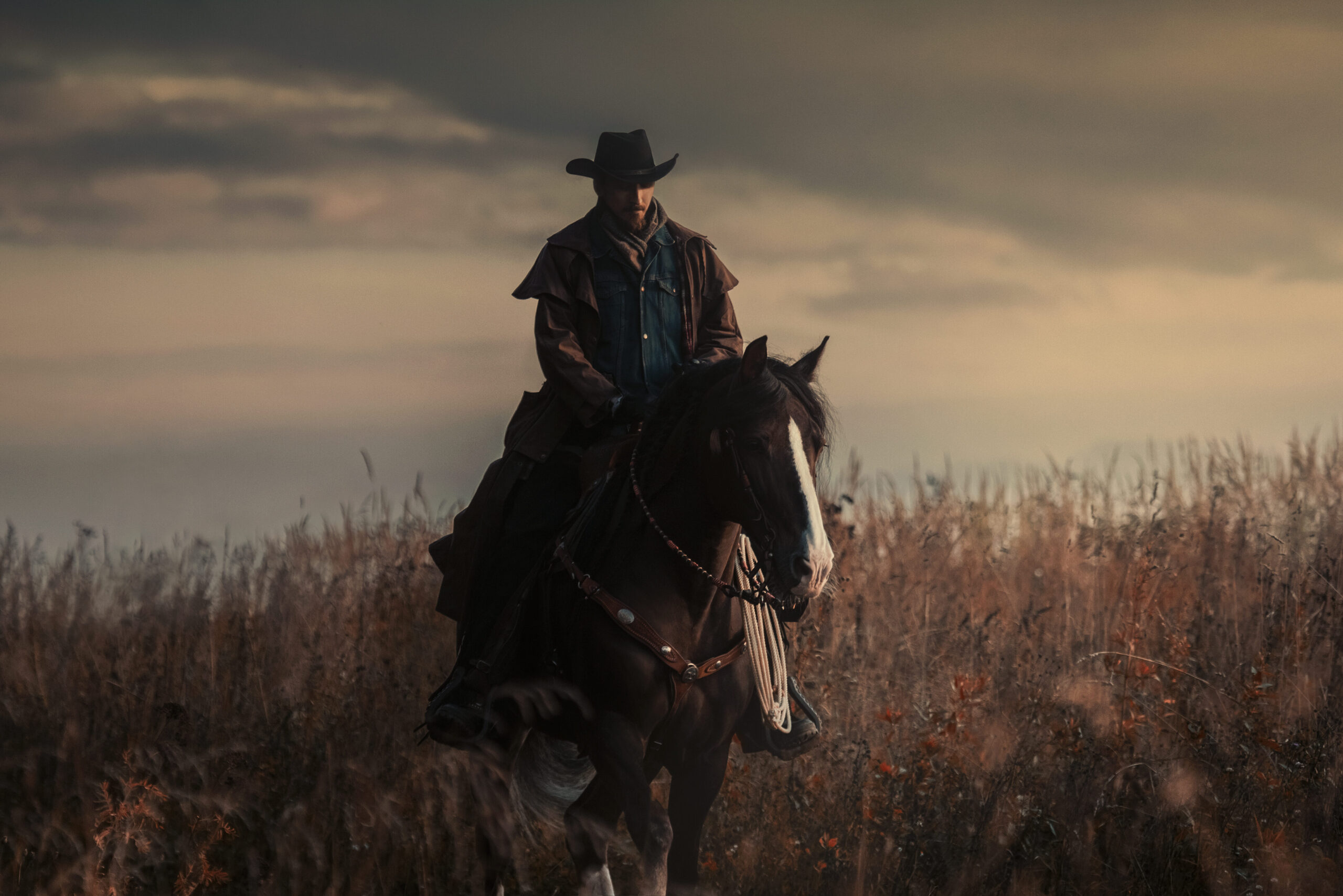
Although racism was certainly present in the Wild West, not all Black cowboys faced the same level of hostility. Many white cowboys respected the hard work and skills of Black cowboys, seeing them as equals in the challenging work of ranching. In fact, some cowboys forged strong friendships that transcended racial lines, particularly when working together on long cattle drives where cooperation was essential.
While racism was a reality that many Black cowboys had to contend with, it wasn’t the sole experience for all. Many Black cowboys worked in environments where their abilities were the focus, not their race. The cowboy culture, especially in the remote West, often prioritized practical skills over racial prejudices, which allowed many Black cowboys to find respect and camaraderie in the workplace.
11. Black Cowboys Didn’t Contribute to Western Music
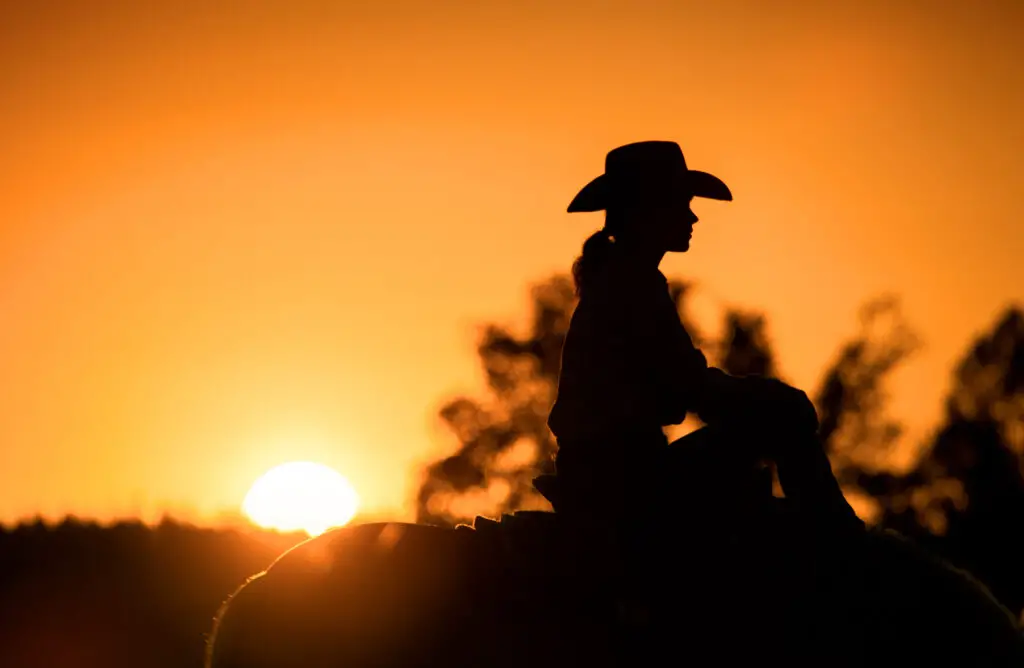
It’s a little-known fact that Black cowboys played a significant role in the development of Western music. Many Black cowboys brought their own musical traditions to the frontier, blending them with the sounds of the Western landscape. Spirituals, blues, and folk music became an integral part of the cowboy campfire experience, with Black cowboys contributing to the shaping of what we now consider classic Western songs.
In fact, songs like “The Old Chisholm Trail” and “Git Along, Little Dogies” have roots in the traditions of Black cowboys. These songs tell the stories of cattle drives, cowboy life, and the vast landscapes they traversed. Black cowboys didn’t just work the land—they also helped create the soundtrack of the American West.
12. The Legacy of Black Cowboys Is Recently Recognized
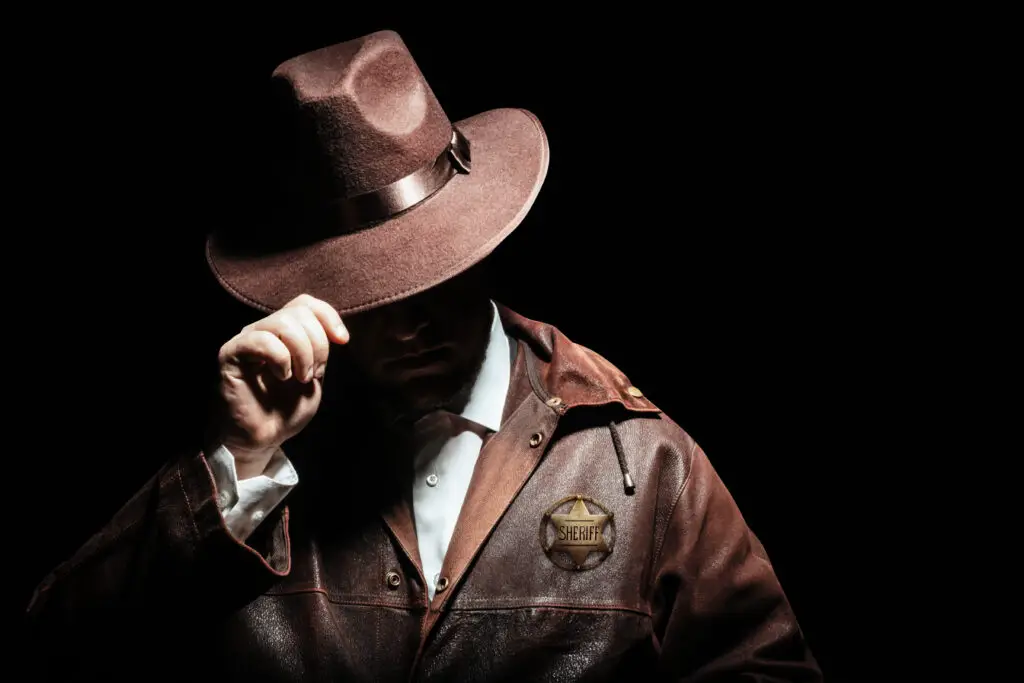
While it’s true that the contributions of Black cowboys have only recently begun to be recognized, their legacy has always been there, waiting to be rediscovered. Scholars, historians, and cultural advocates have worked tirelessly to bring attention to the importance of Black cowboys in shaping the history of the American West. In recent years, museums, books, and documentaries have helped to reframe the narrative and celebrate the significant role that Black cowboys played.
For example, the National Multicultural Western Heritage Museum in Texas is dedicated to preserving the stories of Black cowboys and other marginalized groups in Western history. This resurgence of interest in Black cowboys is not just a recent phenomenon—it’s the recognition of a truth that has always existed, hidden in the margins of history.
13. Black Cowboys Were Just Like White Cowboys
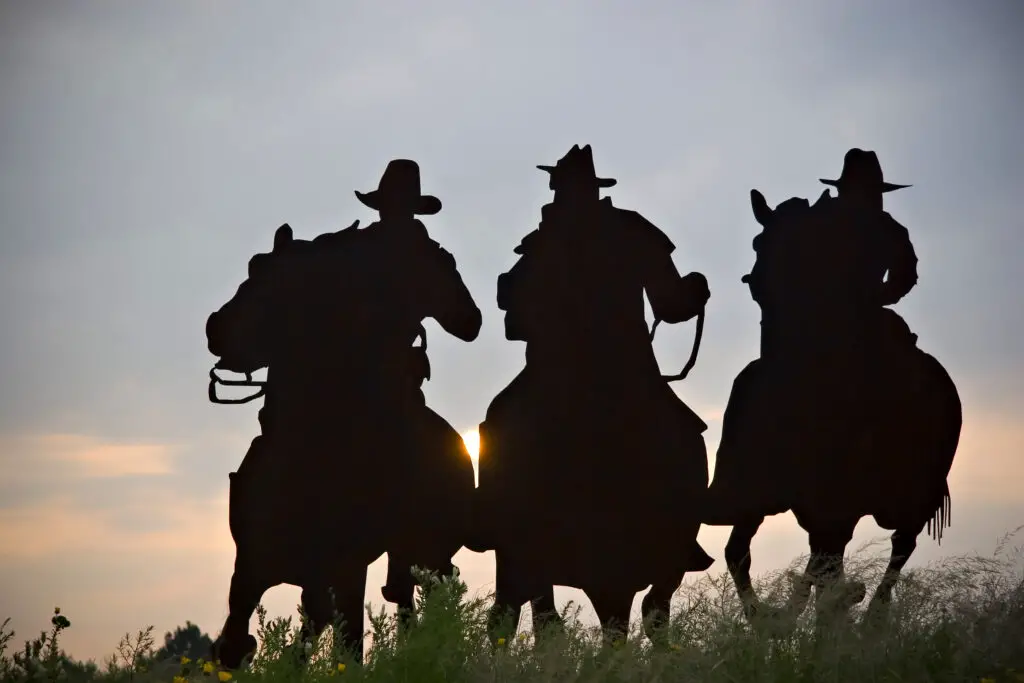
While Black and white cowboys shared many similarities, the reality is that their experiences were often very different. Black cowboys had to navigate a world that was deeply racially segregated, even in the wide-open spaces of the West. While some white cowboys treated them with respect, Black cowboys often faced prejudice and discrimination, especially when they entered towns or interacted with law enforcement.
However, despite the challenges, Black cowboys created their own communities and support networks. They didn’t just mirror the cowboy experience—they shaped it in ways that were uniquely their own. The racism they faced only made their contributions more remarkable, proving their resilience and determination to succeed in a society that tried to exclude them.
14. Black Cowboys Never Had Their Own Stories Told
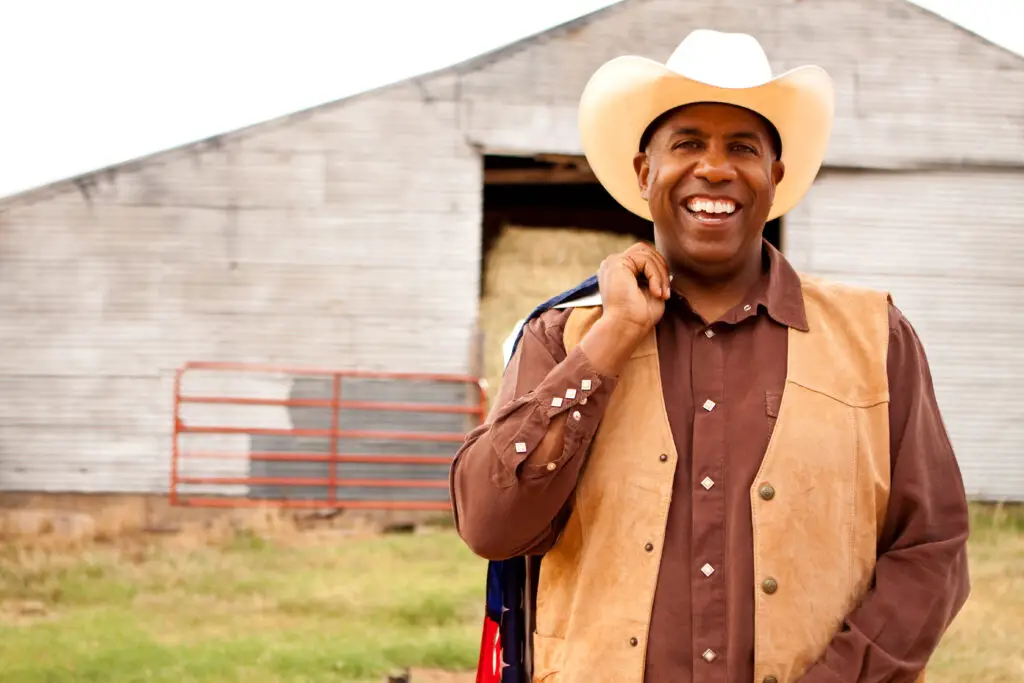
The myth that Black cowboys never had their own stories told is being debunked by a growing body of work dedicated to preserving and sharing their stories. From books to documentaries to Hollywood films, more and more Black cowboys are being recognized for their contributions to Western history. Figures like Nat Love, who published his autobiography in the early 20th century, and contemporary cultural projects are helping to shine a light on these forgotten heroes.
The story of the Black cowboy isn’t just being rediscovered—it’s being celebrated. By telling their stories, we’re not only correcting historical omissions but also giving credit where it’s long overdue. These stories aren’t just about the past—they’re part of the living, breathing history of the American West.
